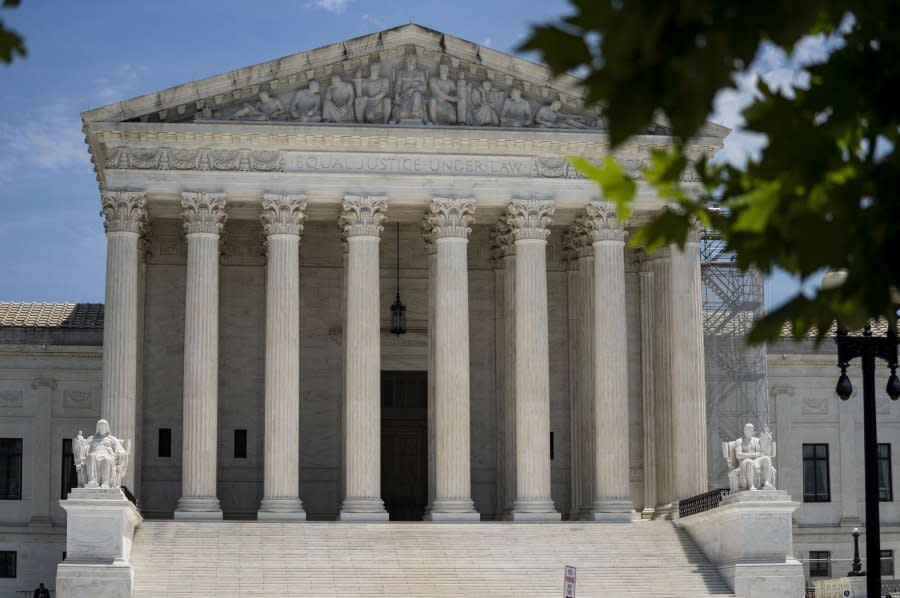Supreme Court ruling could impact hundreds of Jan 6 obstruction charges

June 28 (UPI) -- The U.S. Supreme Court on Friday issued a ruling that may limit the Justice Department's ability to prosecute hundreds of people charged in the insurrection at the U.S. Capitol on Jan. 6, 2020.
The court ruled 6-3 in favor of defendant Joseph Fisher, who was charged with obstructing an official proceeding under the 2002 Sarbanes-Oxley Act.
The majority determined that the Justice Department prosecutions were too broad, with the law intended to prosecute white collar criminals for things like tampering with physical evidence.
"In my view, the Court properly interprets [the law] in the opinion it issues today. It also rightly vacates the judgment below and remands this case for further proceedings," Chief Justice John Roberts wrote in the majority opinion.
Roberts was joined by Justice Ketanji Brown Jackson and four other Conservative judges. Justices Amy Coney Barrett, Sonia Sotomayor and Elena Kagan dissented.
The court sent Fisher's case back to a lower court to decide whether the 2002 law can be applied in this instance. That could affect hundreds of others charged with the same offense related to Jan 6.
"And it might well be that Fischer's conduct, as alleged here, involved the impairment (or the attempted impairment) of the availability or integrity of things used during the January 6 proceeding 'in ways other than those specified in (c)(1).' Ante, at 8," Roberts wrote in the majority opinion.
"If so, then Fischer's prosecution can, and should, proceed. That issue remains available for the lower courts to determine on remand."
Approximately 350 people have been charged under the law so far for their role on Jan. 6. Prosecutors may be forced to reopen some of the cases, depending on the eventual lower court ruling.
Friday's ruling did not specifically address the Justice Department's prosecution of former President Donald Trump for attempting use so-called fake electors to certify the 2020 presidential election
The court is also still grappling with Trump's assertions that he possess "absolute immunity" from charges stemming from his alleged efforts to overturn the 2020 general election.


